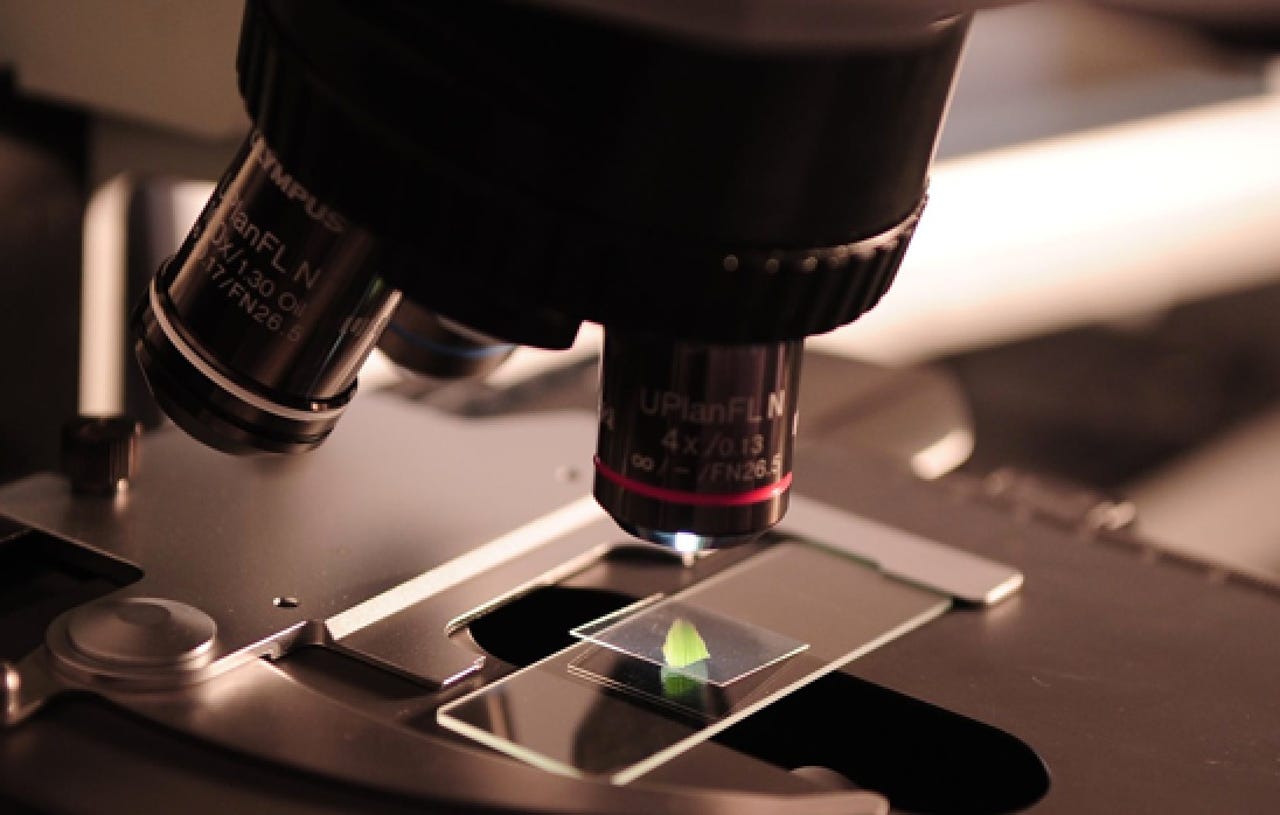Biotech breakthroughs which may change human health forever

Restoring sight for the blind
Stem cell treatments and therapies are still in the experimental stage in many cases, but a small trial has provided fresh hope for those suffering from degenerative eye conditions.
Age-related macular degeneration (AMD) steals the sight of thousands every year, but two trial patients have reported the restoration of their sight after stem cell treatments.
Via: The Guardian
Engineered bacterica
For companies such as Synlogic, bacteria represents a way to evolve how we view and use drugs.
The company is developing what it calls "synthetic biotics," which are genetically engineered bacteria strains that can "correct" metabolic problems in the body, in the hopes of tackling rare genetic metabolic diseases, tumors, inflammatory bowel disease (IBD), cancer, diabetes, and obesity.
Genetic drives
Genetic drives imposed into breeding insects released and released into active populations can potentially be utilized not only to stop the spread of certain pathogens such as malaria, Zika, and Lyme disease but also as a way to eradicate pests in isolated ecosystems.
Minimally invasive heart surgery
Harvard University's Office of Technology Development (OTD) and HoliStick Medical are developing a minimally invasive surgical device which the organizations say "could fundamentally transform the way doctors correct organ defects."
The catheter device can repair holes in the heart, or tissue defects in other organs, using deployable soft structures such as patches, without the need for rigid tools or sutures. Should the device clear inspection and become available, this could mean less invasive and risky operations, as well as potential reductions in recovery time.
Via: Harvard
Nanogels
Researchers at MIT have developed healing nanogels which, once injected into the body, can release drugs depending on the dosage required and medical condition at hand.
The hydrogel could one day be used in treating cancer, macular degeneration, or heart problems, among other diseases.
Via: MIT
Organ on-a-chip
Microchips lined by living human cells, known as organs on-a-chip, are being developed by researchers from the Harvard Wyss Institute.
It is hoped the chips will be able to model human diseases in vitro, eradicating the need for animal testing and providing a clear window into human physiology and how organs may respond to experimental treatments.
Via: Wyss

MicrobeMiner
There is escalating concern that our use of antibiotics is resulting in hardy strains which are proving resistant to treatment -- and one day, may not be treatable at all with our current medication.
MicrobeMiner is an interesting idea brought forward to help tackle this issue. Startup Prospective Research has introduced a partly-crowdfunded project to dig further into bacterial structures in the hopes of finding new antibiotics.
Via: SingularityHub
Diabetes implants
Contraceptive implants have already become established as an alternative means of preventing pregnancy, but implants can go further.
Type 2 diabetes has proven resistant to treatments which gradually release insulin as it needs to fluctuate in relation to glucose levels. However, Intarcia has developed an implant which overcomes this hurdle by tailoring drug delivery in tandem with glucose levels -- and would only need "topping up" once or twice a year.
Via: ExtremeTech
SmartBone
IBI has developed the SmartBone, a material which mimics human bone in composition and strength. The material, a combination of natural mineral bone structures, bioactive polymers, and cell nutrients, allows a patient's bone to grow quickly into the substitute while the polymers degrade over time.
This kind of 'scaffold' gives the body time to recover and may also, one day, eradicate the need for titanium alternatives.
Via: IBI